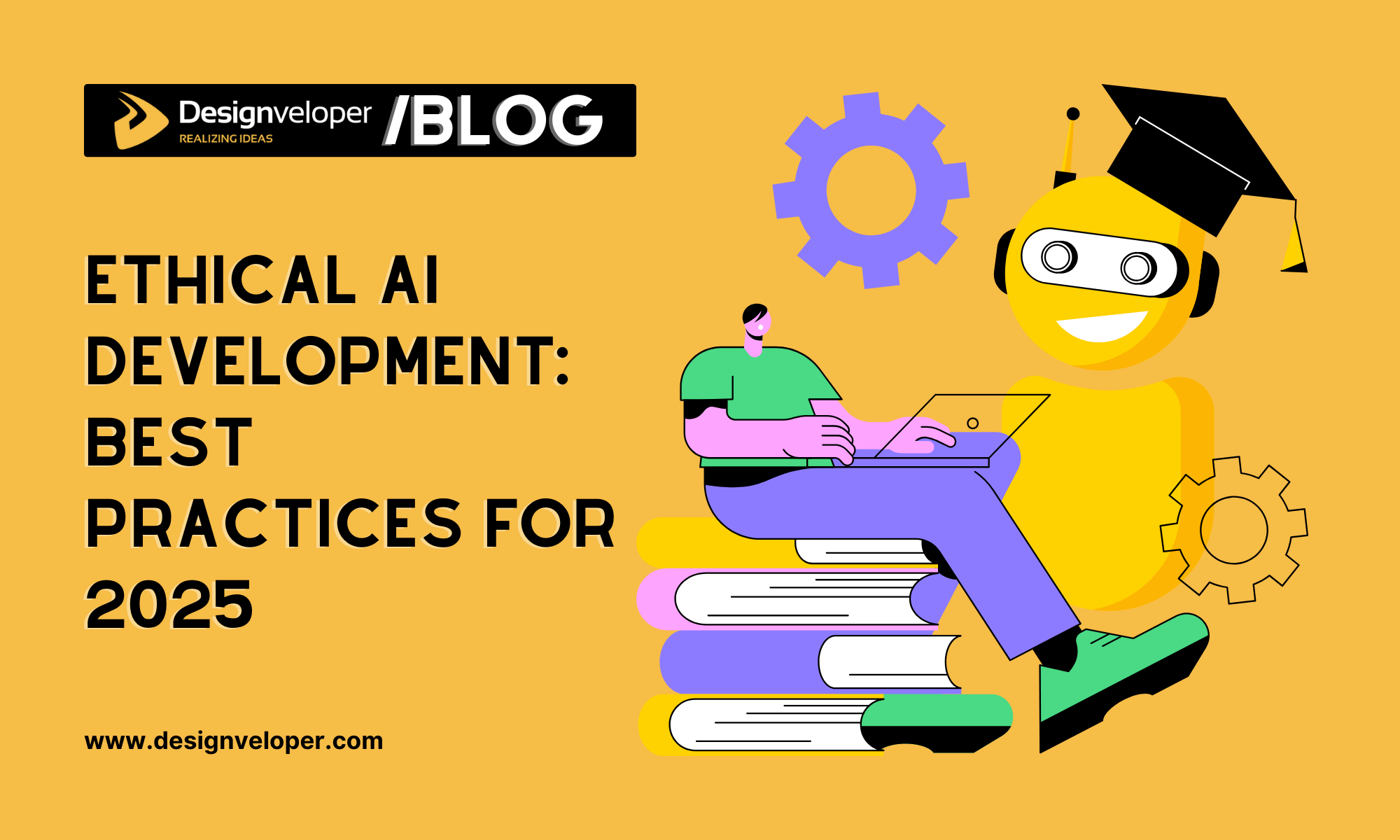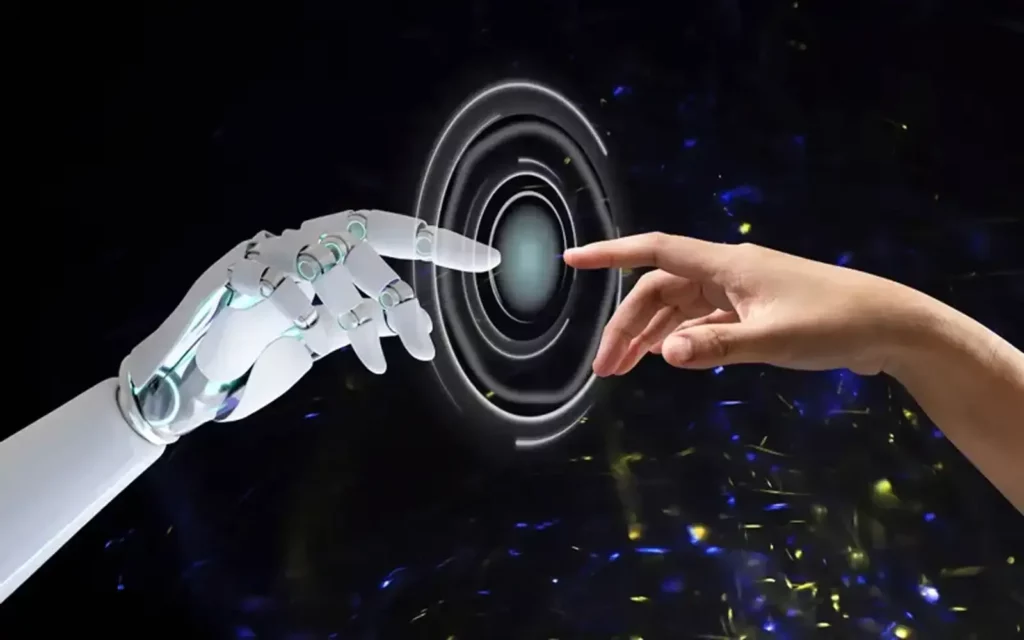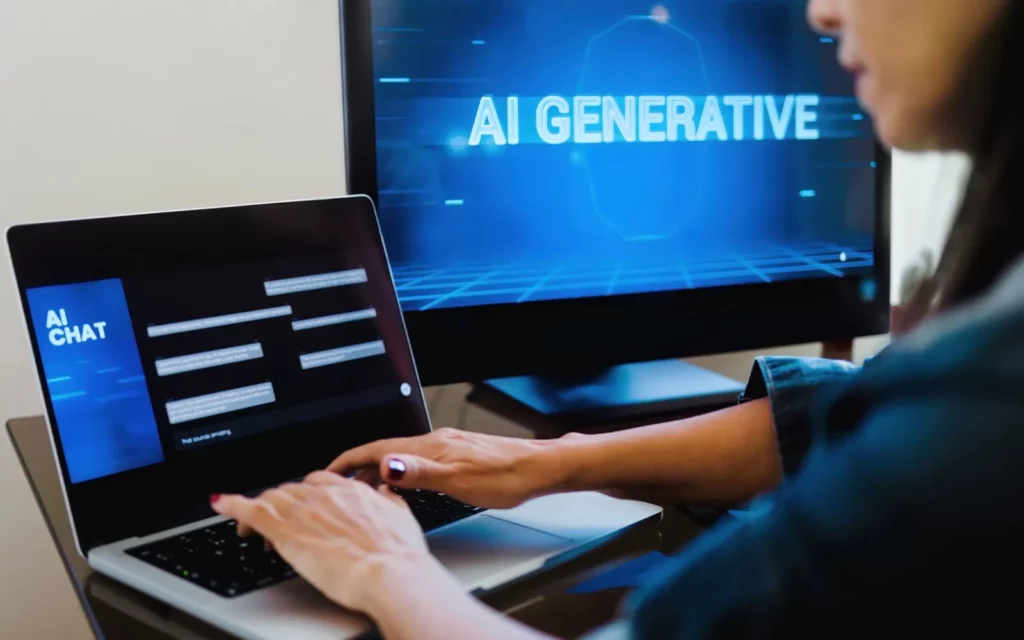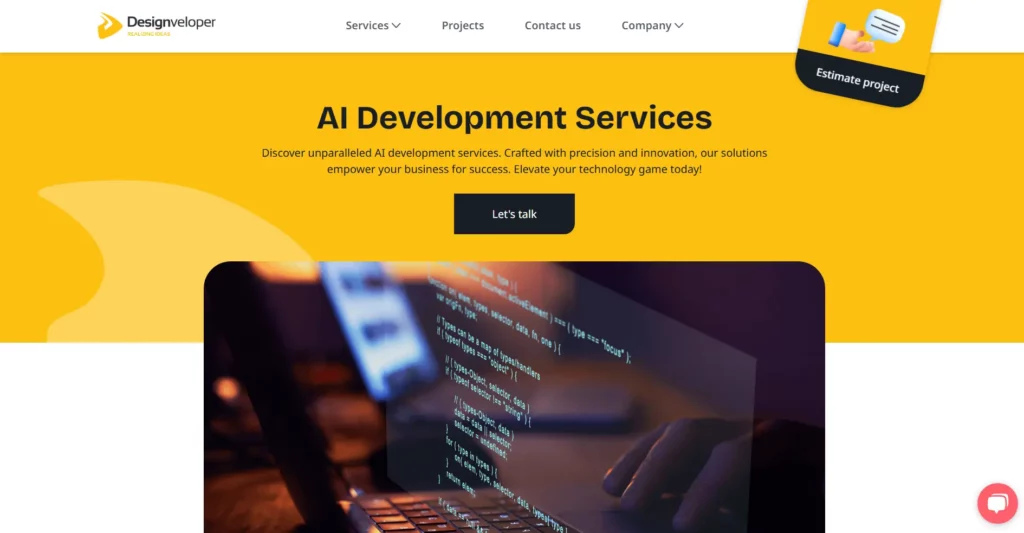Ethical AI Development: 5 Best Practices for 2025

Ethical AI development is more crucial than ever for 2025. As AI systems become ever more embedded into everyday life, it is increasingly important that they work fairly, transparently and responsibly. Recent reports stress that a lot of the companies today now focus on ethical AI to construct trust and avoid legal risks.
A good example of this would be the use of tech companies to implement fairness aware algorithms to fix AI system biases. The algorithms ensure that AI decisions do not equally exacerbate current social inequalities. Also, transparency and explainability are kept key principles, and organizations such as Meta have been taking clear guidelines in regard to making AI decision processes understandable by users.
To delve deeper into these practices, we at Designveloper present to you this article. If companies follow this guide for best practices, they’ll be able to grow trust, build accountability and use of AI technologies in a responsible manner.
The Importance of Ethical AI Development
Ethical AI development is crucial for ensuring that artificial intelligence systems benefit society without causing harm. Indeed, recent statistics report that 80 percent of businesses now have an ethical charter defining how to develop for AI, up from 5 percent in 2019. This is yet another indicator of the previously stated prominence that ethics are appearing to assume within AI development.
Another key report highlights the fact that as AI systems become more powerful they also become more destructive. This highlights why an ethics framework is needed to prevent potential negative impacts. For example, gender bias has been found in machine translation systems: AI systems used in machine translation systems are perpetuating harmful stereotypes.
Additionally, the AI Governance Alliance, a part of the World Economic Forum, has been tackling an anxiety around AI governance. They involve promoting transparency, accountability and fairness in AI systems. It is important on one hand, to build trust among users, and on the other hand to make sure that AI technologies are being responsible.

AI can revolutionize patient care in healthcare by making a diagnosis easier and enhancing treatment. But the World Health Organization’s report on AI in health said that use of this technology might violate one’s privacy and can have biases. Therefore, ethical AI development is necessary to protect patient rights and ensure equitable access to healthcare services.
In summary, ethical AI development is not just a moral obligation but a practical necessity. It helps protect, assure, and build trust with AI technologies. Developers can build AI systems that help society freely by developing them in accordance with ethical guidelines.
5 Best Practices for Ethical AI Development
For the year of 2025, ethical AI development is more crucial than ever. As AI systems are becoming more and more integrated in our daily life, there has never been a bigger need for responsible practices. The Stanford AI Index Report estimates the profound influence of AI on society — and equally profound ethical challenges. The story goes on with five best practices that would help to make sure AI development conforms to the ethical standards and the values of society.
Transparency
Transparency is crucial to ethical AI development. It ensures that AI systems are understandable and accountable to users and stakeholders. The 2022 AI Index Report states that transparency of AI has been a focal area for academia and industry. The report notes that of those surveyed, 45 per cent have an AI ethical charter; up from only 5 per cent in 2019.
There are various examples of transparency at work, one of them being UNESCO’s Recommendation on the Ethics of AI. This global agreement is adopted by 193 countries and states principles about transparency, accountability, humanity on AI systems. In its recommendation, AI systems are encouraged to be transparent in how they employ and make decisions about data.
Additionally, the most recent guidelines issued by the World Health Organization (WHO) are about transparency in AI in health. AI, these guidelines try to facilitate the most with minimum potential risks, for AI systems that are understandable and ethical in its design and deployment.
In summary, finalizing transparency in AI development is not only a best practice but also a requirement. It helps build lots of trust, bring accountability, and protects the ethical use of AI technologies.
Fairness and Non-Discrimination
Ensuring fairness and non-discrimination is crucial in ethical AI development. This means that such AI systems must deal with all people in an equal, non discriminatory way. According to recent statistics, some 80 percent of organizations have an ethical charter on AI development, up from 5 percent only a few short years ago. It illustrates a growing inclination towards fairness in AI.

A bias presence in data and algorithms is one main obstacle. Let’s say facial recognition technology has higher error rates for people of color. To solve this, developers will have to make use of varying datasets and could hence test their models at least on a regular basis for bias. To tackle concerns around AI governance and fairness, the World Economic Forum’s AI Governance Alliance is at work.
Additionally, the composition of development teams is important. It is far more likely that diverse teams will spot and overcome AI system biases. The need for a diverse workforce in developing AI is stressed in a report by the Association for the Advancement of Artificial Intelligence (AAAI).
In fact, IBM and Microsoft have likewise tackled fairness and non discrimination on the ground with robust policies. IBM’s AI Fairness 360 toolkit to help developers detect, and mitigate bias in your models. In addition to this, Microsoft has launched initiatives to make sure their AI systems are transparent and fair.
Organizations can create ethical and beneficial AI systems by putting fairness and non discrimination at a top priority. Not only does it boost the credibility of AI, but also works to ensure that AI is a good thing for society.
Privacy and Security
Privacy and security are critical components of ethical AI development. With the rise of AI systems in our daily routines, data protection and user confidentiality become concerns. The 2022 AI Index Report states that there has been a great increase in the number of organizations that developed ethical charters to direct AI development. In 2019, only 5% of organizations had an ethical charter, but in 2021 they were up to 45%.
To address these problems, developers have to provide strong privacy and security practices. Imagine, for example, the European Union’s AI Act as a coherent framework for the regulation of AI systems such that the systems remain both privacy and security sensitive. This act can be taken as the benchmark for other regions to follow.
Additionally, Stanford University study shows that AI systems can also be evaluated for expected harms in addition to their abilities. Risks that need to be addressed by transparency and accountability in AI development include privacy and security.
But in practice, companies like Microsoft and Google have done much to increase the privacy and security of their AI systems. To accomplish this, they’ve implemented measures like differential privacy – adding noise to data so it can be analyzed with no fear of learning about individual information.
By putting privacy and security first, developers can win back user trust, and by doing so, develop AI systems that are ethical and responsible. Not only does this protect individual rights but it also creates a safer and more reliable AI ecosystem.
Accountability
Accountability is a cornerstone of ethical AI development. It makes sure that AI systems are responsible, transparent and fair. The growing importance of accountability in AI is currently being reported. For example, the Stanford HAI 2022 AI Index Report indicates a need to measure harms with capabilities of AI. One of the things this report reiterates is that to truly be beneficial, AI systems should have transparency and accountability.
In addition, the World Health Organization (WHO) has also put guidelines on AI ethics and specifically on healthcare. The guidelines stress the need for patient data protection and fair treatment through accountability. The WHO report notes that AI can be used fraudulently — for example, the algorithms may be biased and pose a risk to patient safety.
Accountability exists in practice across different industries. Take for instance, Microsoft and Google have had AI ethics boards to control the advancement and utilization of the AI framework. These boards make sure that our AI systems follow ethical rules and that if there is any failed AI, they are held responsible for it.

To reinforce these points, the Harvard Business Review article about AI’s trust problem also talks about the necessity of training, and empowering humans to control AI tools. On the one hand, this approach helps bridge the trust gap and on the other hand, it helps guarantee that AI systems are used responsibly.
In summary, accountability in ethical AI development is about creating systems that are transparent, fair, and responsible. It is about measuring and mitigating AI’s harms, defending users’ data, and making sure AI is fairly applied. Accountability measures that help implement can be a way of companies building trust and making sure that AI systems help society as a whole.
Human-Centric Design
Human-centric design is a final and possibly the most important cornerstone of ethical AI development. This approach puts human needs, values, and capabilities at the very center of AI systems. Developers focus on empathy and understanding in order to create AI that expands and fortifies people’s human abilities and well being.
For example, the Stanford University’s 2022 AI Index Report speaks to the importance of transparent, accountable and fair AI systems. Additionally, AI systems, it says, are outperforming humans in some ways and it’s important that they do so in ways that are aligned with human values.
Human centric design has actually been practiced by companies like Netflix and Hitachi in practice. For this, Netflix takes the help of psychologists and ethicists in developing its AI: the systems are constructed in a transparent and accountable manner. Meanwhile, to build user friendly AI, Hitachi concentrates on user needs and emotions.
By involving users in the design process, you can spot and correct biases, and have people who are part of the process. Collaborative approach of this sort enables trust and acceptance with the users, essential for the AI to take the place in regular life.
In conclusion, human centric design means that AI systems should adhere to human rights, fairness and diversity, so as to be more ethical and beneficial for society.
How Designveloper Can Help with Ethical AI Development

Designveloper is committed to ethical AI development, ensuring that your AI solutions are not only innovative but also responsible and fair. Here’s how we can help:
- Transparency and Explainability: Opt for transparency in AI systems, giving our clients a lay of the land as to how decisions are being made. Here, they are guiding the creators to create clear documentation and user friendly interface that can explain the AI processes in simple words.
- Fairness and Non-Discrimination: We have a team that works diligently to remove biases from AI models. To ensure that our AI systems treat all users equitably, we experiment on diverse datasets and fairness aware algorithms.
- Privacy and Data Governance: To protect user data, we develop robust data governance protocols. That includes regular ethical audits and compliance with global data protection regulations.
- Stakeholder Engagement: We involve stakeholders in the development of the AI systems to guarantee that the insights occurring in AI systems match the ethical standards and societal values. Being able to approach the ethical issues in collaboration allows us to be proactive about addressing such concerns.
- Continuous Monitoring and Improvement: Ethical AI is an ongoing commitment. We continuously monitor AI systems in terms of ethical compliance and make amendments if required.
Partnering with Designveloper means you can rely that your AI projects will be developed with the exceptionally high moral standards, thereby, building up the trust as well as reliability of your users.
Conclusion
For 2025, ethical AI development is more crucial than ever. To build AI systems society can trust, companies have to work on transparency, fairness, and data protection. Designveloper takes the lead in this movement by using our experience and innovative techniques to ensure that AI development is perfectly up to date and still based on ethical principles. As we integrate ethical practices throughout the entire AI development process, we enable businesses to not only stay compliant with the regulations, but also encourage the trust and reliability from users.
When selecting Designveloper, you select a partner that cares about responsible and fair solutions of the AI and which will lead your company into the future. Together, let’s help build a more ethical AI landscape with new levels of innovation and integrity in the industry.

















































